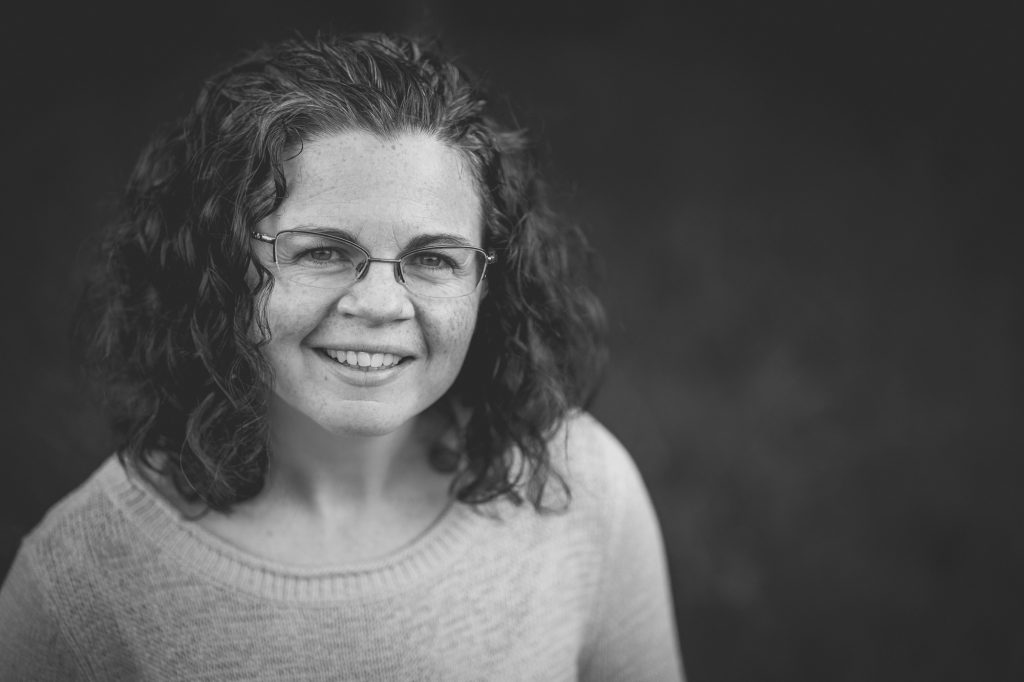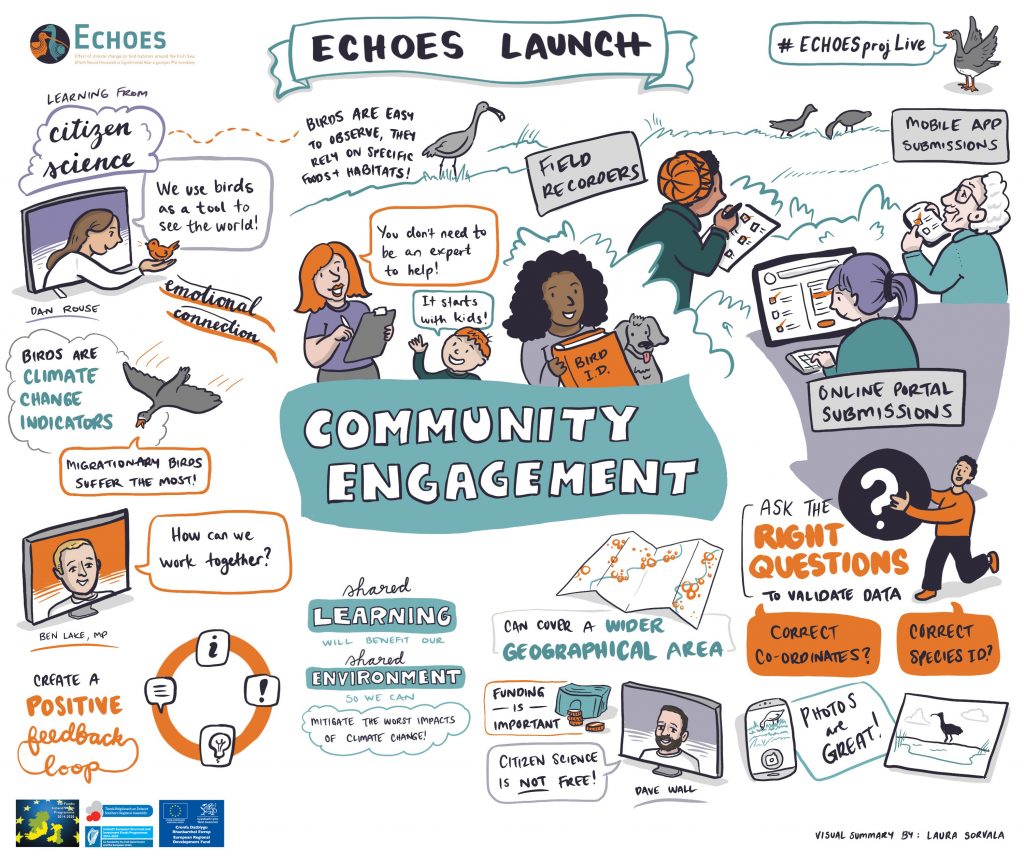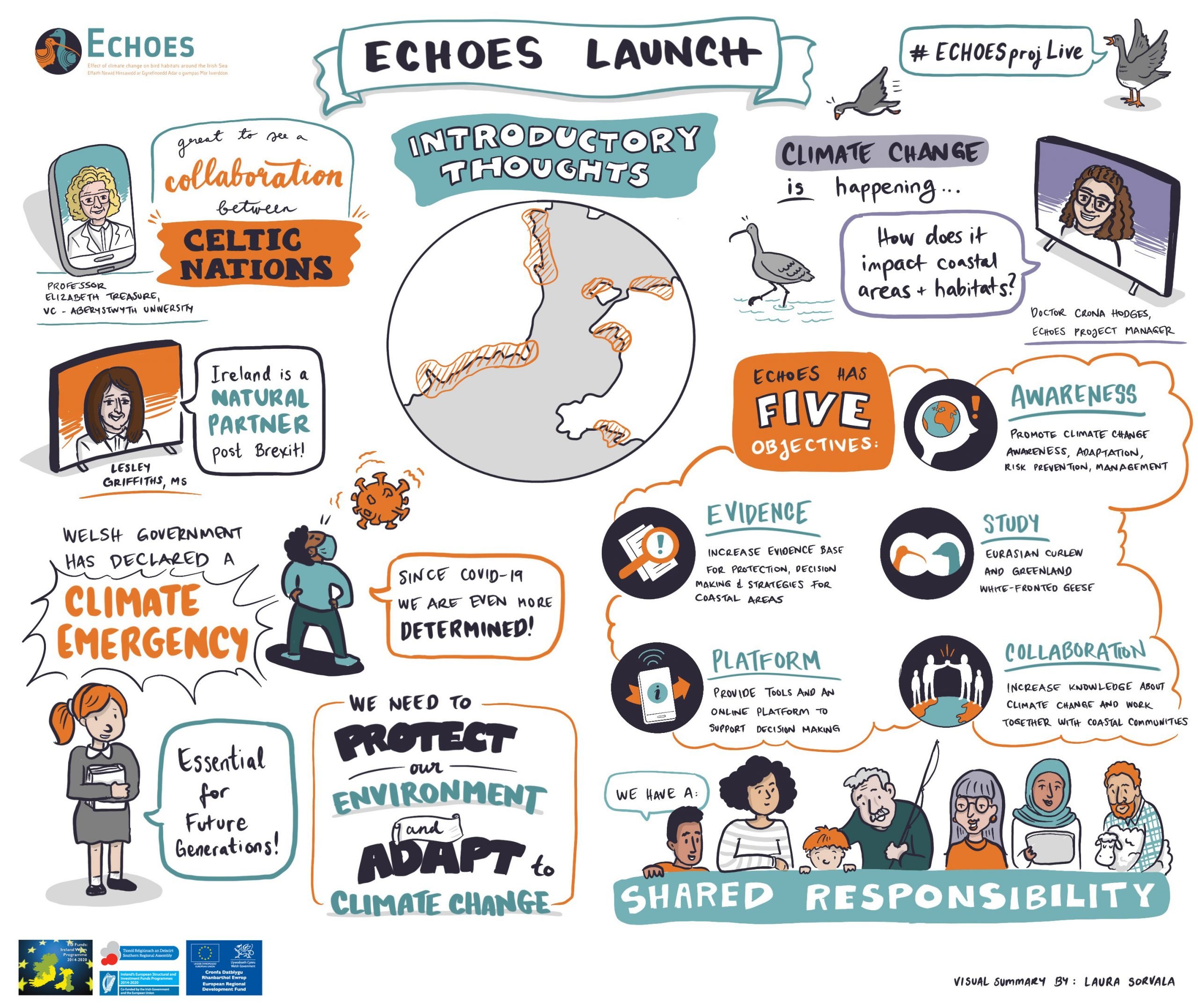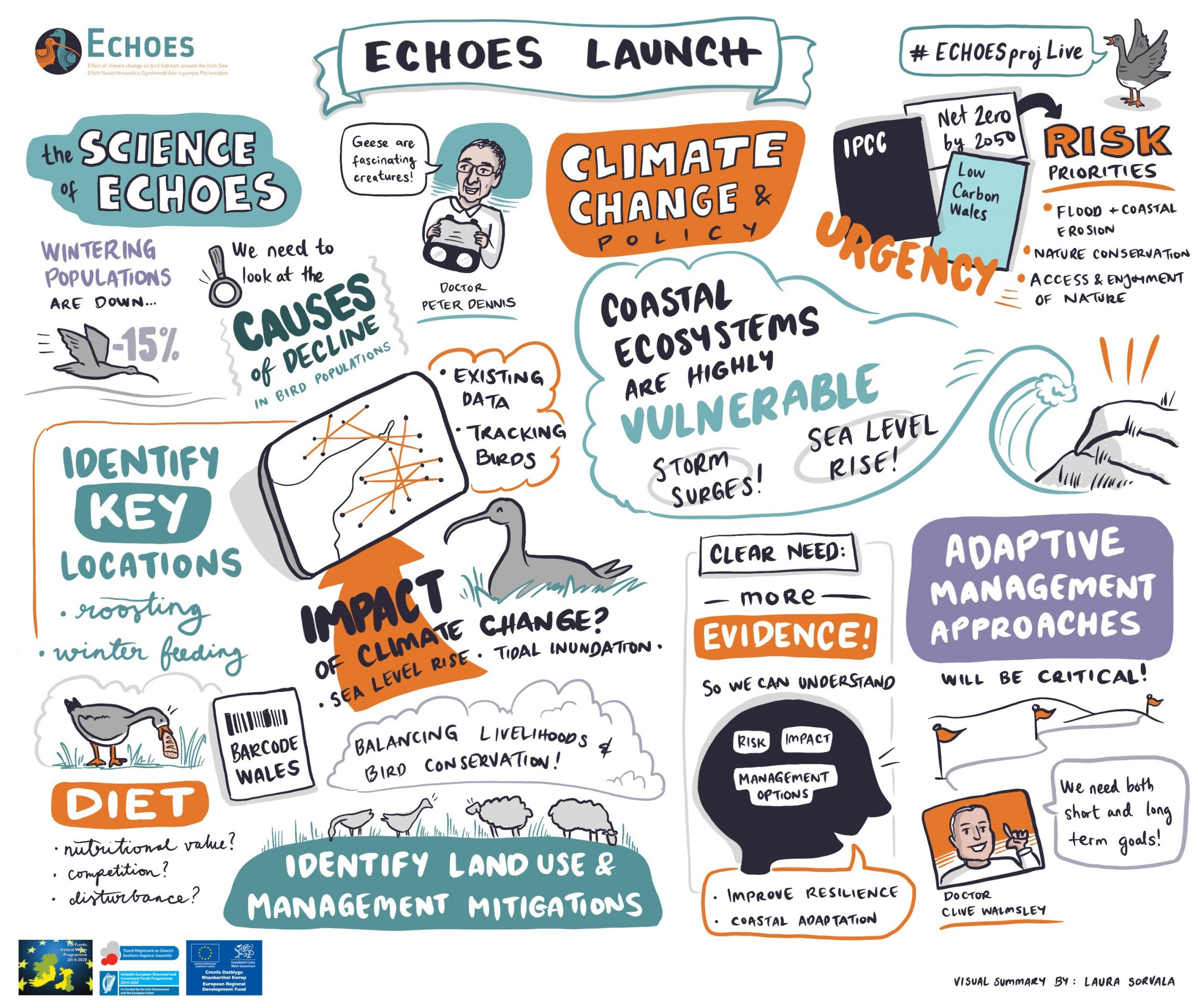Crona Hodges
ECHOES Project Manager
July 23rd saw us launch ECHOES in a very different manner than had been planned months prior. We had originally hoped to hold the event at Aberystwyth University on World Curlew Day, 21st April; the venue had been booked, ideas drawn up on speakers and guests and plans were under way to design and print pull-up banners to exhibit on the day. Then, Covid-19 happened, and plans were laid aside. I had naively thought perhaps we could just postpone to the summer?
As we all witnessed what unfolded over the following weeks it soon became apparent that the safest and most likely format for our Launch Event would be a digital one. Having attended a few but never hosted a webinar this was an entirely new prospect for me – there were plenty of webinars about webinars out there on the web with platform vendors vying for our business. I had already been a GoTo customer but was so impressed with Zoom’s response to the pandemic with their online support and straightforward and flexible billing options that I opted to use them on ECHOES.
I felt I should give myself some time to familiarise myself with the platform, hosting as many meetings on Zoom as possible and nearer the time of our new Launch Event date – 23rd July – I held many practice webinars with very kind and patient folk from the Consortium! This was invaluable and so too was having someone relatively techy on the team to run ideas and options by; there are many options or ways to do everything so this was a bit of a maze at first and can be overwhelming I’m sure for people. That old saying “practice makes perfect” cannot be overstated with this – I would recommend running trial webinars a number of times with whomever you can convince to help!
We wondered what the general trends were around ‘advertising’ our webinar and when the best time to do this was. At the time, everyone’s diaries were being filled with webinars and many companies were running online events so we just kept an eye on what we thought the trends were with respect to first inviting people and then sending reminders nearer the time. Rather than send out invites 4-6 weeks in advance we opted for 2-3 weeks prior to the event. There are options too around sending post-event communications and as a team we were on the look-out for what these included and when they were sent.
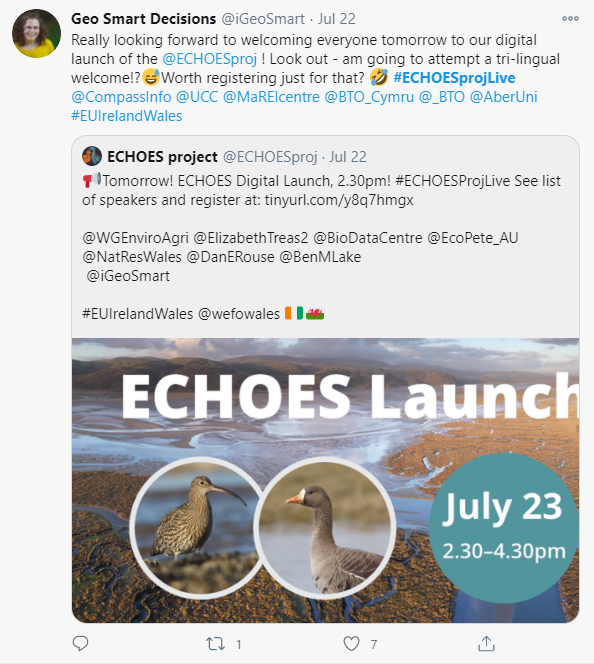
We found that registrations increased substantially in the days leading up to the event so I would say not to be despondent if numbers appear low in the week or two before. People seemed to be very last minute with their diarising. We had 60 registrations but a few of those dropped off during the event (this is apparently fairly common) so by the end we had 56.
With the registrations you are able to see who has registered and often what organisation they are from (by their email address). This was quite interesting as we were able to see that there were people from 16 organisations who registered (and most of whom will have attended) who are not directly related to the project via a partner or any of the organisations already on the Advisory Board. I was most encouraged by this and hope that many of those people stay in touch with the project.
I had many kind emails after the event to congratulate us but I did not send out any feedback forms and now wish that I had! I would say allow plenty of time before an event like this to get your speakers/guests logged on and allow time then to check that the tech is working for everyone and make introductions etc and make sure the speakers are clear on what order they are speaking in etc. Folk within the Consortium got in touch with me and said they felt it was very motivational and inspiring. I felt this was really important as it is so difficult to cement relationships across a Consortium of a new project when everyone only meets via zoom calls and online meetings so to run something that helps the team members themselves feel more a part of something interesting and worthwhile is invaluable.
After the event we had lots to do – we had to first transcribe the whole event, and this takes time so I would recommend people factor that in. We then got that translated and it was expensive even though we use a very competitively priced translator but there were a lot of words! The text that is given to the translators needs to be organised in such a way that it is easy for whoever is organising the subtitles to fit the text with the audio timing so that needs to be considered before being sent to the translators. It then takes time for the translators to get back to you so all of this has a knock-on effect to when you can get a subtitled version ‘out there’.
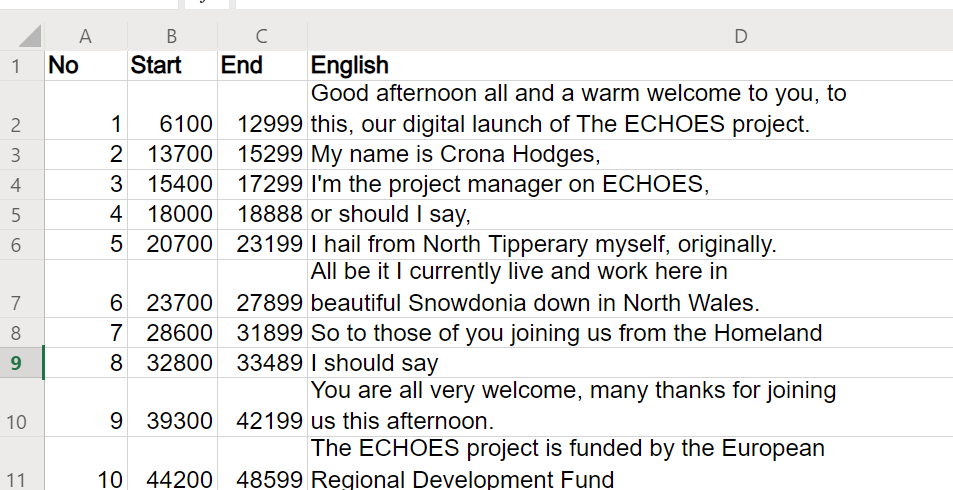
We used an illustrator to capture the main points of the event and I would highly recommend this to others. Ordinarily, Laura would have been in the back of the hall illustrating away as the speakers speak but for this, she attended remotely and sketched as the meeting was live. She then only had to do some touch-ups to this and the graphics were ready quite quickly. This is a nice way to get material for social media work soon after the event! Make sure you use this opportunity to reflect diversity and inclusion amongst your stakeholders, the public and your team as this is something we picked up on a little later down the line, it was soon remedied though.
One thing I would recommend is to ensure that the panellists and speakers are fully briefed on the nature of the Ireland-Wales Programme, to avoid either a Welsh or Irish focus and subsequently an imbalance between the two. Admittedly you never know on the day what people will say and often people are last minute at getting their presentations to you. One top tip (is what all of the webinars about webinars say to do!) is to have a back-up if anything happens at the speaker’s end. One or two of my speakers sent in recordings of the talk. This was actually a nice way to do it and I have seen this approach on many big professionally run online events since – it ensures your speaker does not over run and it is less risky in terms of the speaker’s internet connection going down mid talk. I would only recommend it though if you have the speaker on the panel so that people can ask live questions after the talk – this is very engaging.
I think as with everything, hosting these kind of events will get easier over time as we do them more and more. Remember though webinars aren’t always the only way, meetings instead can also work depending on the audience and the overall intentions and goals of the event. My heartfelt thanks to my team at Geo Smart Decisions and colleagues from the ECHOES Consortium for their help and attendance at a number of trial runs! Overall the experience was exhausting, exhilarating and I think, positive.
The ECHOES project launch webinar can be viewed on YouTube.

